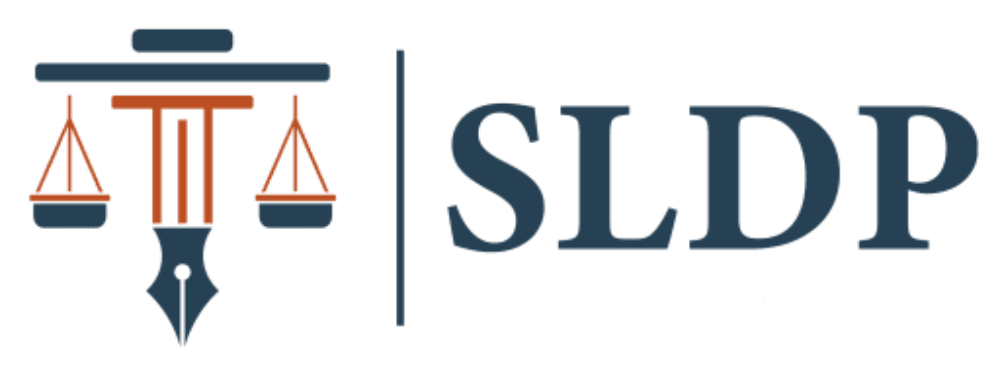The Human Rights and Business Unit (HRBU) within the Syrian Legal Development Programme participated in the “UN Forum on Business and Human Rights” in November 2019 in Geneva, an event guided and chaired by the UN Working Group on Business and Human Rights and organized by its Secretariat at the Office of the UN High Commissioner for Human Rights (OHCHR).
The annual forum is a global platform for stock-taking and lesson-sharing on efforts to move the UN Guiding Principles on Business and Human Rights from paper to practice.
Noor Hamadeh -Head of the HRBU Unit- participated as a panelist in 2 sessions.
The first session titled “Regulating businesses in contexts of conflict and occupation: what more is needed?“ was organized by the Essex Business and Human Rights Project in collaboration with Al-Haq, GreenAdvocates, Norwegian People’s Aid, Swedwatch, and SLDP; the session examined the particular risks posed by businesses operating in conflict-affected areas and on the potential for states and businesses to proactively and appropriately manage those risks.
Panelists identified best practices, discussed the difficulties of balancing rights in these contexts, and outline risks for which both businesses and states should be aware. Panelists also elaborated on particular remediation needs for individuals and communities impacted by business activities in situations of armed conflict.
Hamadeh presented on the various business and human rights risks that exist in the Syrian context, including those relating to humanitarian aid provision and reconstruction. Hamadeh also highlighted a number of factors business actors should pay attention to when engaging in the Syrian context, including constantly monitoring conflict conditions and identifying what actors are financing the conflict.
More on this panel can be found here http://bit.ly/2QRBIbT

The second session titled “Regional dialogue: lessons learned, challenges, innovation – WEOG – Part 2 (Home States and responsible investment in post-conflict)“ was organized by the UN Working Group on Business and Human Rights. The session focused on the role of home states in promoting responsible investment and responsible business in post-conflict and reconstruction contexts, as well as considerations for fragile situations more generally. Panelists discussed different ways to ensure that investments contribute to peacebuilding and development in post-conflict and reconstruction contexts such as in Syria, and what the role of home states is.
During this panel, Hamadeh provided recommendations to home states regarding their roles in promoting responsible investment in Syria’s reconstruction including:
- Developing regulations and guidance to govern their businesses’ activities in reconstruction.
- Require humanitarian and UN actors they fund to abide by a minimum human rights due diligence.
- Approach foreign policy around reconstruction from a human rights and accountability based perspective, including using sanctions regimes as an interim accountability measure.
More on this panel can be found here http://bit.ly/2uqZfJk

Participating in the forum is a part of SLDP continuous advocacy with various stakeholders around human rights and business issues in the Syria context.
More on the UN Forum on Business and Human Rights can be found here http://bit.ly/305nTLm
More on the Human Rights and Business Unit can be found here http://bit.ly/2FAouex

